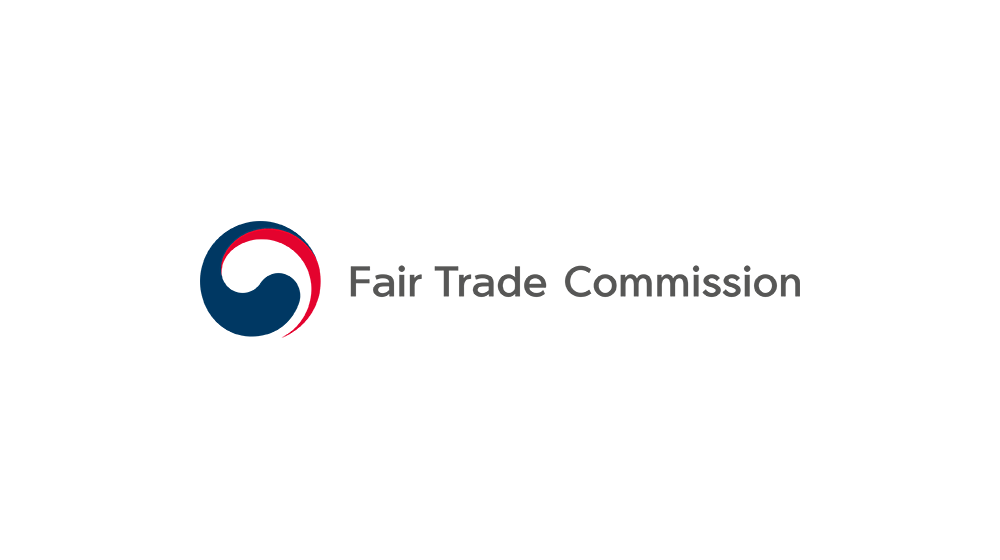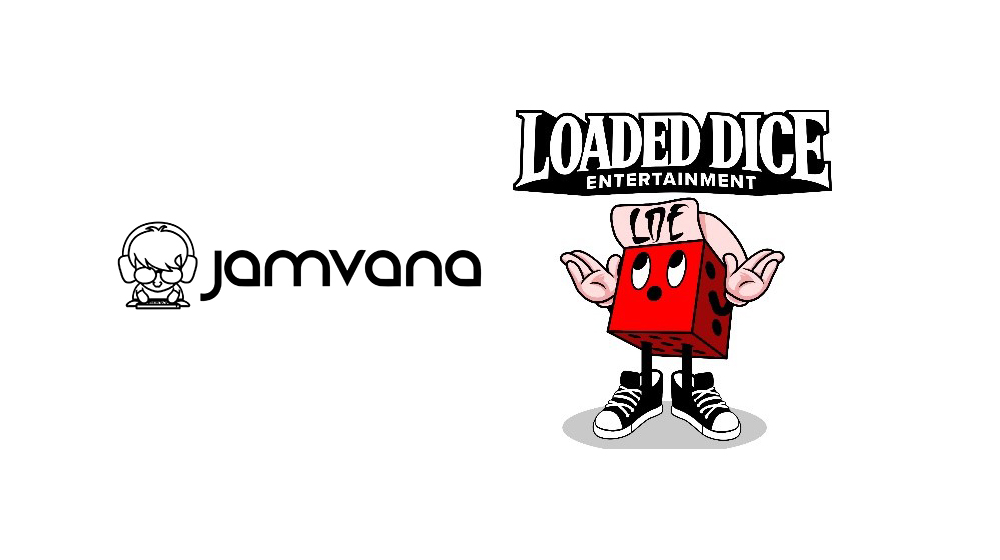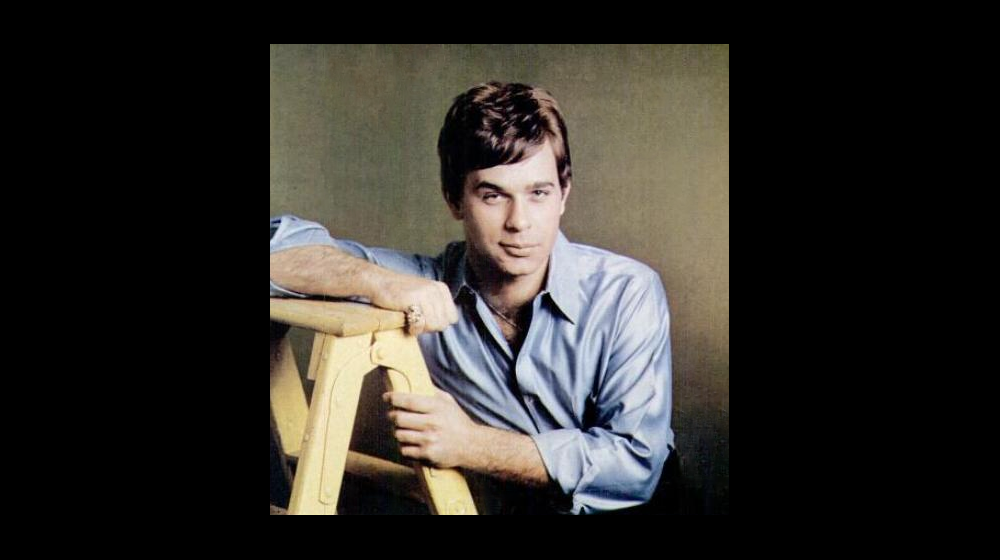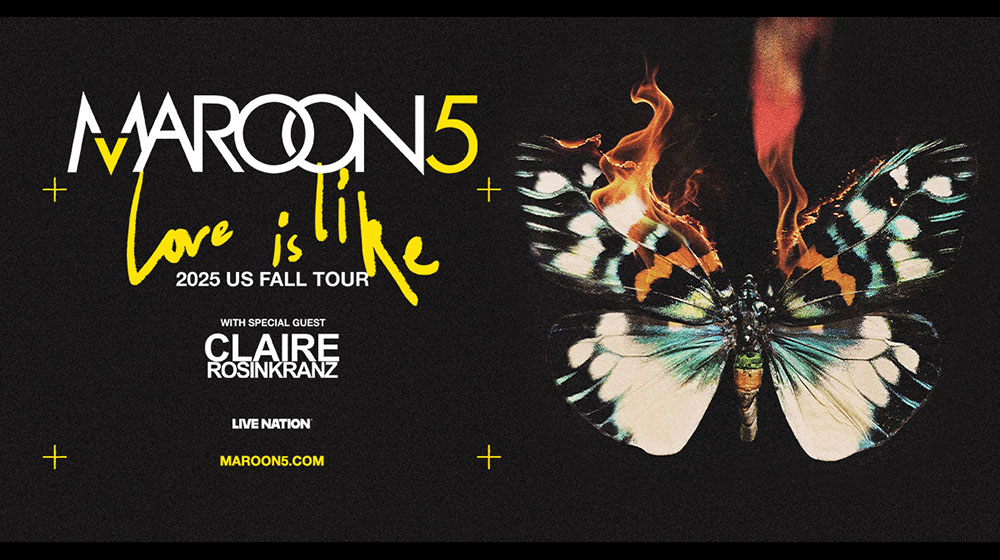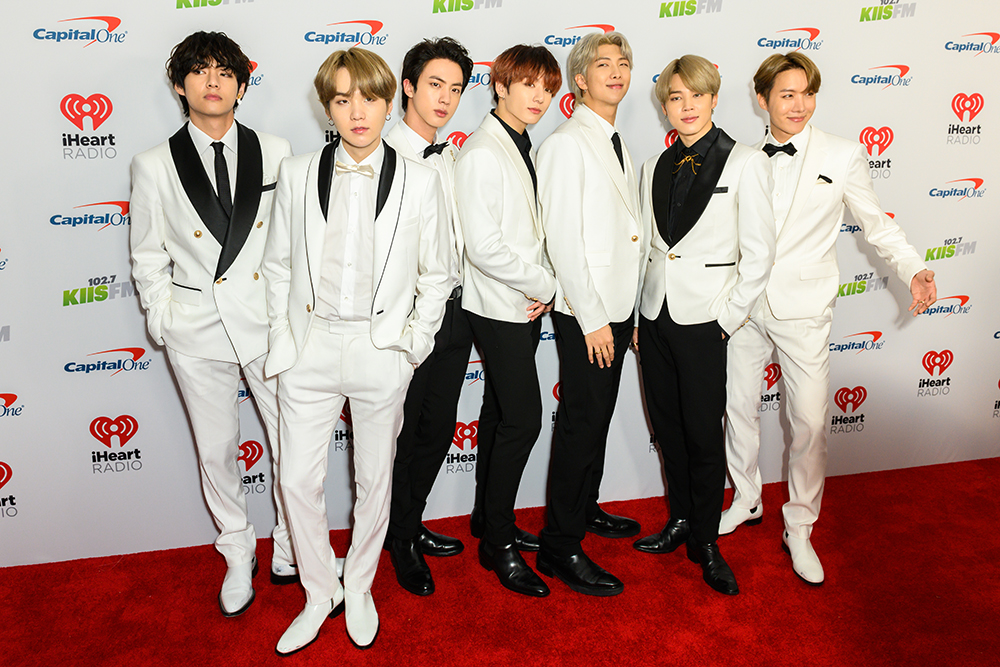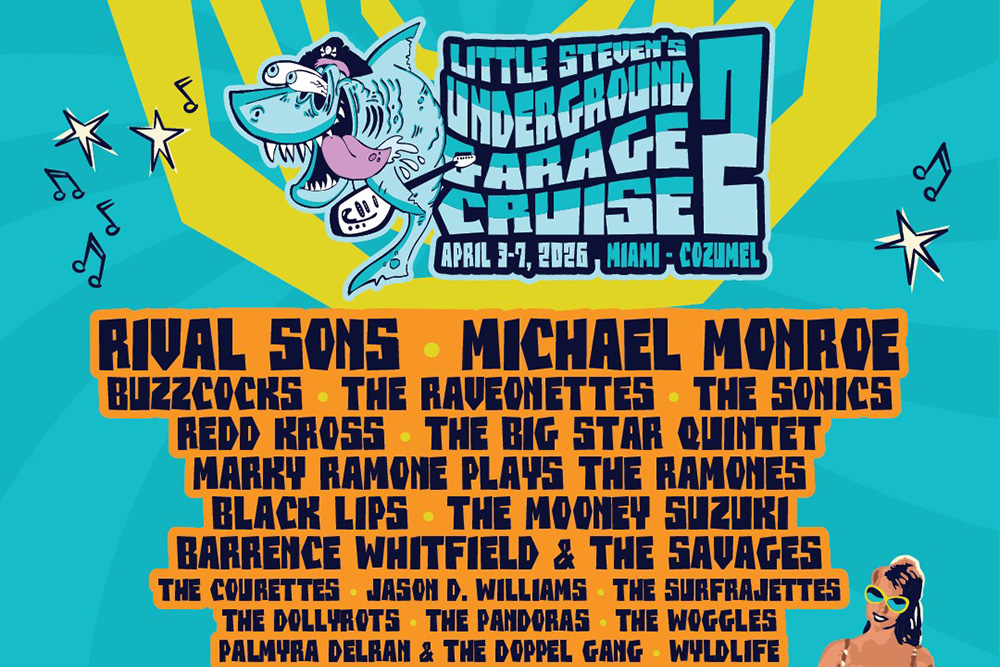
CHINA (Hypebot) — The media is filled with articles on doing business in China, but nowhere is there a primer for understanding the music industry there. Ed Peto lives and works in Beijing as a promoter, music consultant and writer shares his insights. (Read Part 1- Piracy & Retail)
INDEPENDENT & MAJOR LABELS –
The major labels are shadows of their western motherships and there is a gaping hole where the independent record label scene should be. In order to survive it has become necessary for labels to take over an artist’s entire life – recording, publishing, management etc. – obsessively tapping all revenue streams in order to survive. You can count the number of recognizable independent labels on a pair of chopsticks.
Modern Sky is one such label. It has just celebrated its tenth year in existence and, much like its rabbit warren of an office in West Beijing, it’s business model is a convoluted arrangement of media company, record label, artist management and design house – a model that has allowed it to survive in this most hostile of environments. In the process of surviving it has also amassed a significant percentage of the Chinese rock catalog. Physical releases are practically a loss leader for Modern Sky with digital revenue also remaining a minor consideration.
Label Manager Meng Jinhui explains that they normally take over management, allowing them to promote the hell out of the artist rather than the album. Resultant brand co-operations with these artists and the label itself generate the bulk of Modern Sky’s income.
The ‘big four’ majors are all over here in some form or other…
However, like all foreign companies wanting to operate in China, they have had to enter into joint ventures with Chinese companies, yielding 51 per cent of the new China collaboration in the process. Warner Music Group created Warner Music China, EMI joint ventured with Push Typhoon, SonyBMG with Shanghai Audio And Visual Press, and Universal Music partnered with Shanghai Media Group.
Normally taking up just one or two floors of an office building, the majors have also had to adopt different tactics in order to survive. They own the lion’s share of domestic pop music (”domestic” in this case would be better translated as “regional” – Taiwan, Korea, Japan, and Hong Kong all contribute heavily as their less pirated markets allow for better artist development) but with regards to international repertoire, they stick very much to front line releases and global priorities with the occasional catalog title. Universal Music China, for example, is pushing its reggae catalog throughout the year to see if it can find any sort of audience.
Danny Sim, international marketing manager at Universal Music China, is optimistic about growth in western music sales. UMC will release 40 per cent more international titles this year – bringing it to roughly 100 albums – and expect to see a 10-15 per cent growth in revenue. Sim puts his optimism down to: “a) More people getting a better education, and therefore more people with English as a second language, b) More western music spread through the internet, and c) More media channels will become western music friendly.”
Sim has neatly summed up the problems facing western music marketers in China. While there is already a smattering of English in a lot of homegrown music, a full English language track is a different thing altogether. Learning English is a high priority for your average urbanite and consuming English language media and entertainment is a natural part of this. There is some way to go, however, before this manifests itself in legitimate music sales.



















